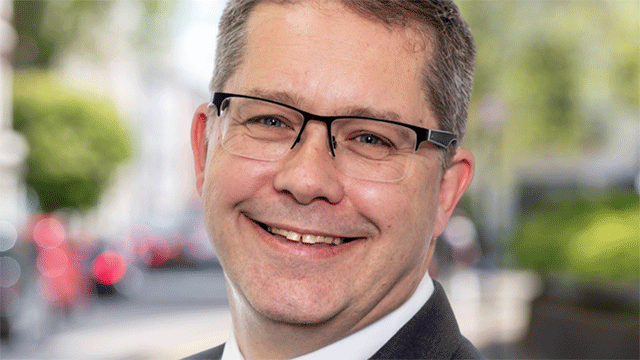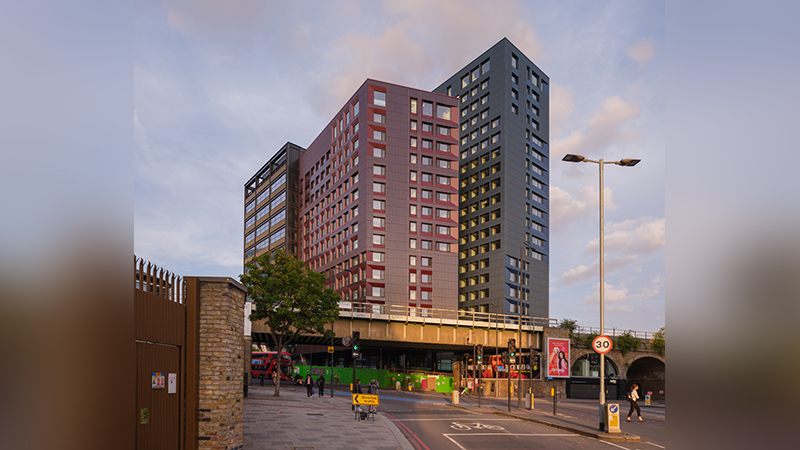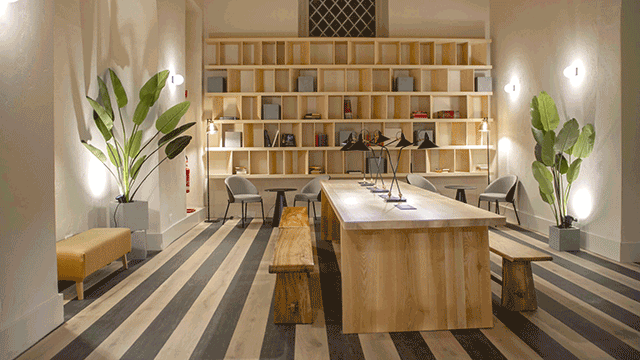Transaction volumes in the healthcare investment market fell by 14.6% to £2.3bn in 2021, according to new findings from Knight Frank.
Although the figure is down year-on-year, researchers from Knight Frank said volumes remain significantly above a £1.5bn five-year average. Additionally, the findings show that occupancy data in the final quarter of last year indicated a “return to pre-pandemic levels”.
The sector’s average annualised return stood at 9.5%.
Single-asset deals accounted for a third of deal activity – a proportion that has increased on the previous year. The remaining two-thirds were portfolio deals. Knight Frank said transactions totalled around £115m by mid-February, including PGIM’s deal to buy six care homes for about £70m.
International capital drives activity
Overseas capital contributed to just over half (51%) of healthcare transactions during the year, followed by REITs (19%) and private companies (18%).
The former was largely driven by capital from the US, while European investors were responsible for 19% of transaction volumes last year.
On the financing side, the report noted that “less desirable” bank debt terms have meant challenger banks and alternative funding methods are gaining traction.
Forward funding and sale-and-leaseback deals are expected to feature “heavily” in the coming year. The reported said that green financing options may also play a bigger role, as the market increases its focus on ESG.
Under pressure
Looking ahead, Julian Evans, head of healthcare at Knight Frank, pointed to “a number of headwinds around inflationary costs and supply chain issues” as well as staffing shortages. Additionally, he said the industry is closely monitoring the levels of support that the imminent social care levy will provide.
“Development remains essential to meeting future demand levels and currently quality stock availability is a significant barrier to this, so it is through further development that astute investors can enter the market and capitalise on the sector,” he added.
Notably, the new national living wage £9.50, which takes effect this month, is set to apply further upward pressure, especially in the hourly rate of carers.
The increase in the price of raw materials such as aggregates, timber, and steel as well as rising food and utility costs will also be “major talking points” in relation to the delivery of quality care facilities.
With labour shortages and Brexit also contributing factors, the report said investors will need to apply stricter underwriting of deals to insulate their portfolios from those cost pressures.
Elsewhere, Evans predicted properties with viable ESG credentials will be the ones that are “most appealing to investors and sustainable in terms of the returns they can deliver”.
Evans said: “We are seeing great growth potential for the UK healthcare property investment market, with the demand for best-in-class properties only set to increase as the population continues to age.”
To send feedback, e-mail pui-guan.man@eg.co.uk or tweet @PuiGuanM or @EGPropertyNews











